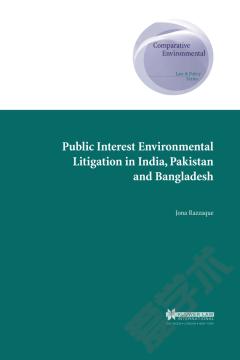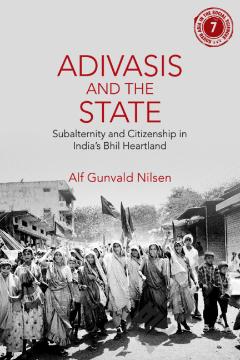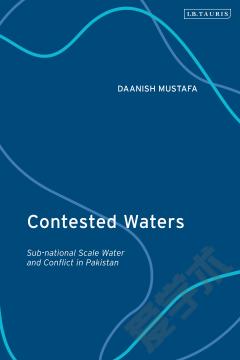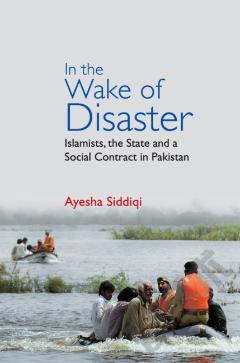Public Interest Environmental Litigation in India, Pakistan and Bangladesh
The rationale of undertaking this research is to examine the growth and expansion of public interest environmental litigation (PIEL) in India and to analyse the changes that are influencing the development of PIEL in Bangladesh and Pakistan. The necessity of this research lies in the rapid degradation of environment and the need of efficient environmental management in the three countries of the South Asian region. The research aims to answer two questions: can PIEL be developed in these three countries and if so, should it be developed as a tool to protect the environment? In order to achieve this goal, it examines the existing rights and remedies available for environmental protection within these three countries legal system. The thesis of the monograph is that Indian law, through its developed regulatory mechanisms, accommodates environmental protection. Their judiciary is experienced in prescribing various methods to implement the countryâs aspiration for better environment. Conversely, in Pakistan and Bangladesh, the environmental legislation has not been amended to cope with complex environmental issues. The judiciary, though environmentally conscious, is not making any substantial progress to protect the environment. The book concentrates on the legal issues influencing the development of PIEL in the region. The purpose of the book is to compare the legal systems of the three countries from the environmental point of view, to discuss new ideas and directions and to critically analyse the legal provisions that would help to apply environmental norms. These offer the legislators a chance to find out what is beneficial and what can be applied in their own region, and thus, developing their existing legal mechanisms.
{{comment.content}}








 京公网安备 11010802027623号
京公网安备 11010802027623号